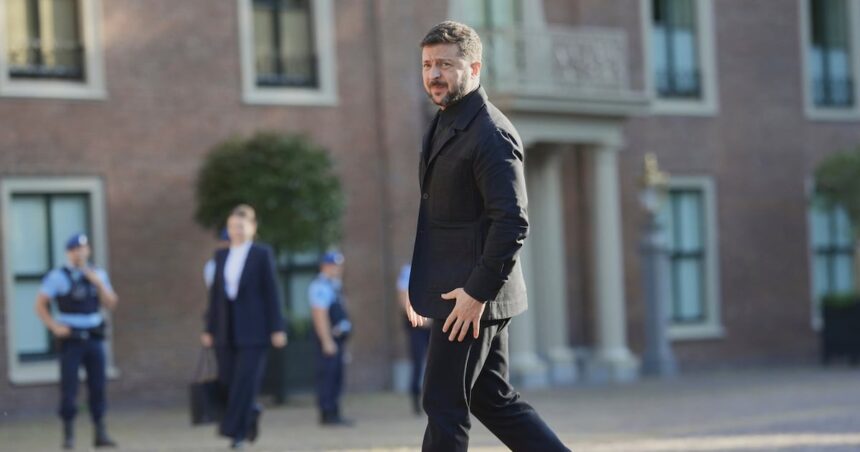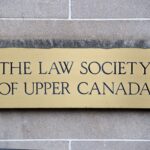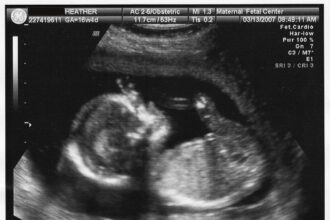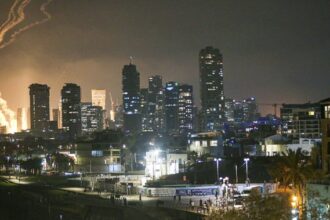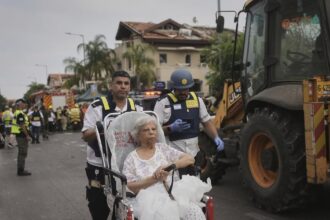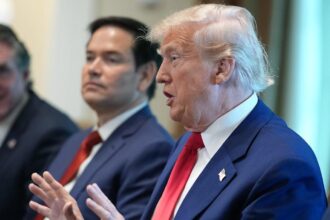Ukrainian President Volodymyr Zelenskyy announced today he will authorize the creation of a special tribunal designed specifically to prosecute Russian leadership for alleged war crimes committed during the ongoing invasion of Ukraine. This landmark decision signals a significant escalation in Ukraine’s pursuit of accountability for what many international observers have characterized as systematic violations of international humanitarian law.
“There must be accountability at every level,” Zelenskyy declared during a press briefing in Kyiv. “The special tribunal will ensure that those who orchestrated this aggression against our sovereignty and our people will face justice, regardless of their position or political power.”
The tribunal represents a complex legal undertaking, operating parallel to investigations already underway at the International Criminal Court (ICC). Unlike the ICC, which has limitations regarding its jurisdiction over the crime of aggression in this conflict, the special tribunal would be established with a specific mandate to prosecute Russian leadership for initiating and executing the war against Ukraine.
Legal experts from across Europe have been consulting with Ukrainian officials for months to establish the framework for this tribunal. According to Justice Minister Denys Maliuska, the court would follow international legal standards while focusing specifically on prosecuting what Ukraine characterizes as a “crime of aggression” by Russia’s top military and political figures.
“This is not merely about individual war crimes on the battlefield,” explained international law professor Helena Kostova from the University of Warsaw. “The tribunal aims to address the fundamental illegality of Russia’s decision to wage war against Ukraine in the first place.”
Evidence collection has been ongoing since the earliest days of the invasion, with Ukrainian prosecutors documenting thousands of incidents ranging from civilian casualties to the destruction of critical infrastructure. The European Union and several Western allies have pledged support for the tribunal, though its practical implementation faces significant challenges.
Russia has categorically rejected the legitimacy of any such tribunal, with Foreign Ministry spokesperson Maria Zakharova dismissing it as “a political spectacle with no legal standing.” The Kremlin maintains that its military operations in Ukraine are lawful and necessary for Russian security interests.
The tribunal’s establishment comes amid a growing body of evidence documenting alleged war crimes across Ukraine. United Nations investigators have verified numerous incidents of civilian targeting, torture, and forced displacement that potentially violate the Geneva Conventions and other cornerstones of international humanitarian law.
Ukraine’s prosecution efforts have already resulted in several convictions of Russian soldiers for specific battlefield crimes, but the special tribunal would mark the first attempt to hold Russia’s top leadership accountable for the decision to invade Ukraine in February 2022.
Canadian Foreign Affairs Minister Mélanie Joly expressed Canada’s support for the tribunal during her recent visit to Kyiv, stating that “accountability must reach all the way to the top of the command chain.” Ottawa has committed financial and legal expertise to assist in establishing the court’s framework.
Legal experts caution that while the tribunal represents an important symbolic step, practical challenges remain significant. “The reality is that prosecuting sitting leaders of a nuclear power presents unprecedented challenges,” notes international criminal law expert Geoffrey Robertson. “But establishing the legal groundwork now is essential for long-term accountability.”
As Ukraine continues its difficult defensive war against Russian forces, this legal initiative underscores the multifaceted nature of the conflict—fought not only on the battlefield but in diplomatic chambers and courtrooms around the world. The question now facing the international community is profound: Can a special tribunal genuinely deliver justice when those it seeks to prosecute remain in power and deny its legitimacy?

